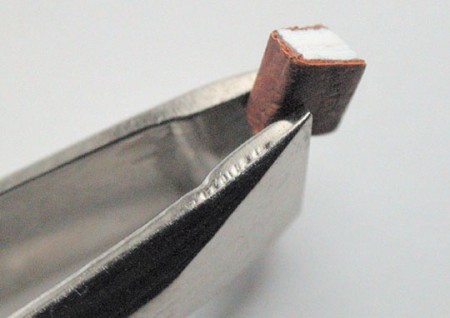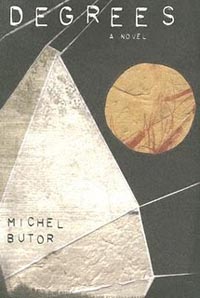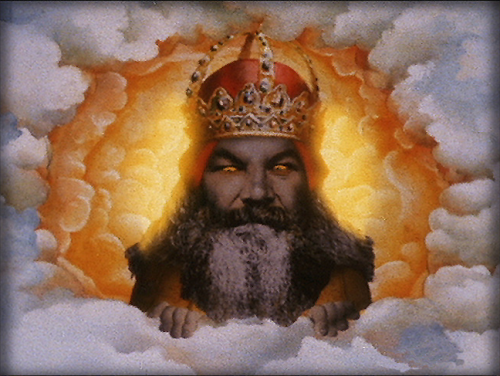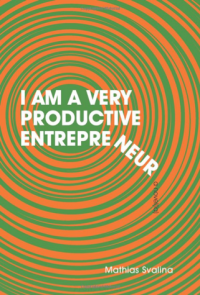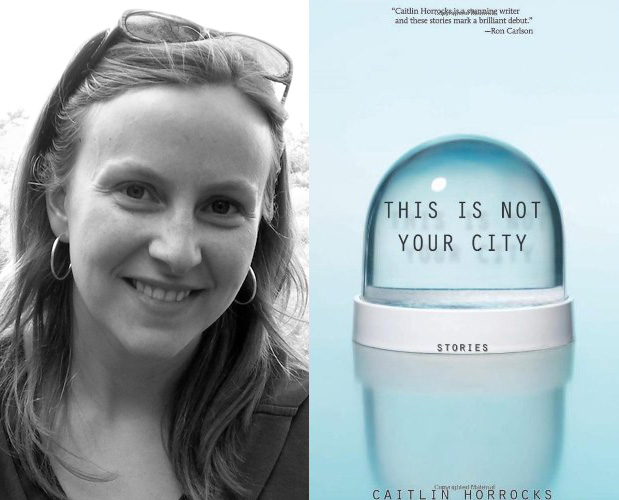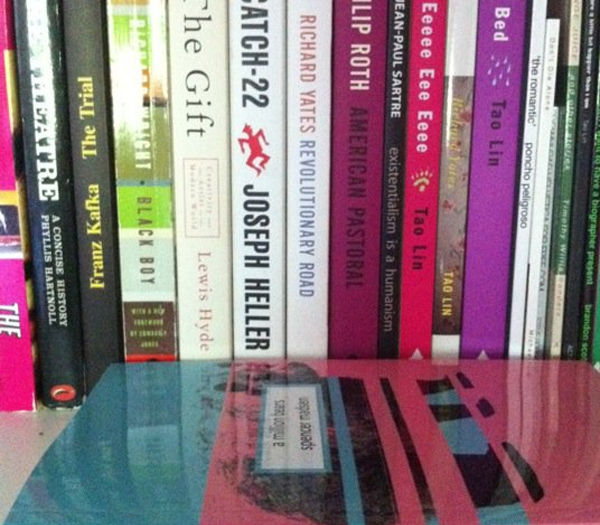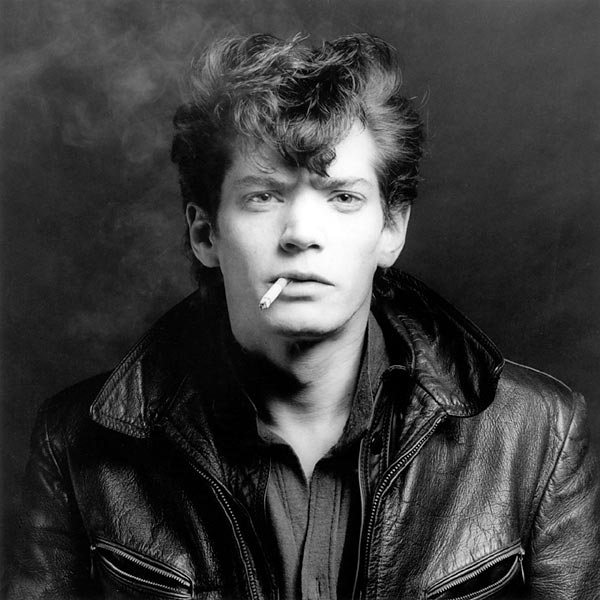Robert Lipsyte wrote for the New York Times that boys aren’t reading. The Rejectionist neatly sums up everything that’s troubling about Lipsyte’s piece.
At the Los Angeles Review of Books, Emily Green writes about how her work was plagiarized.
Anna Clark wrote a lovely essay about writing, necessity, heat, performing the role of writer and more.
That essay was inspired by this week’s Dear Sugar which is also well worth the read. That column is always worth reading.
White Readers Meet Black Authors has a list of fall releases including Percival Everett.
Maud Newton offers a really interesting take on how DFW has stylistically influenced the way we argue on the Internet, and not for the better.
Fuckscapes by Sean Kilpatrick is available for pre-order from Blue Square Press.
My favorite new Tumblr is Fashion It So which takes a close look at the beautiful fashions of Star Trek: TNG.

